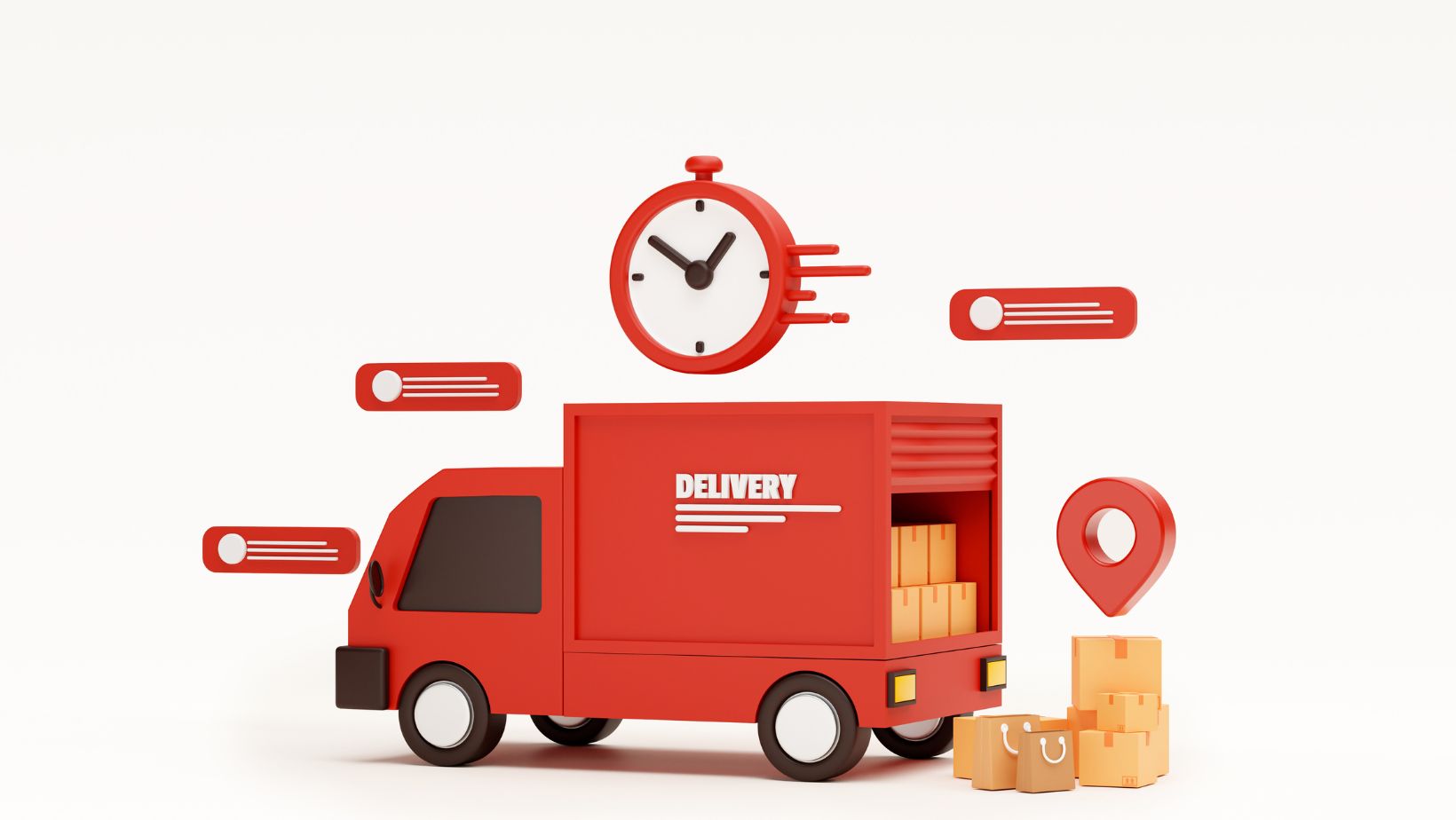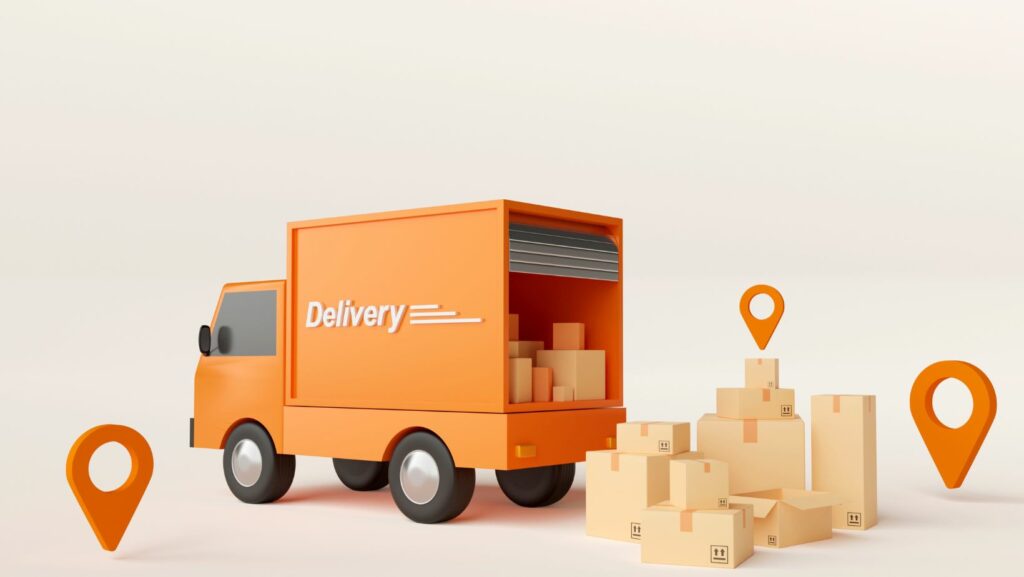With the increasing expectation for fast and reliable deliveries thanks to the rise of ecommerce, its vital businesses meet expectations and deliver on time.
This is where last-mile delivery software comes in, helping to optimise the final stage of the delivery process, automating route planning, dispatching and tracking. As a result, businesses will improve efficiency, reduce costs and improve customer satisfaction. Customers are more likely to return at a later date if they have a positive delivery experience..
Beyond saving money for businesses, investing in last-mile delivery software helps to minimise environmental impact with reduced mileage (Co2), and digitalising proof of delivery (elimination of paper) in certain cases.
In this blog, we will take a look at some of the best last-mile delivery software solutions for businesses. Keep on reading to find out who they are and their unique benefits.
Descartes
Descartes’ last-mile delivery software is proven to optimise delivery operations, with the key functions of the software bringing delivery route scheduling, route optimisation and real-time tracking. Descartes’ last-mile solution also digitalises proof of delivery, eliminating paperwork and reducing fraudulent claims and parcel scanning.
Descartes describes their features as follows:
- Reduced planning time: Automate daily and strategic planning.
- Optimised depot selection: Helping to reduce the number of miles driven, fuel costs and emissions.
- Plan collections and pickups: Consolidating job types within optimised routes.
- Maintain delivery promises: Helping to provide accurate ETAs to support customer satisfaction and efficiency.
All of these features are designed for companies to reduce time scheduling journeys, and improve the customer experience throughout every step of the process. You can read some of the FAQs around last-mile delivery here.
Onfleet
Onfleet also offers last-mile delivery software that is inviting for small businesses thanks to its simple UI making it very attractive to smaller firms. They also offer a starter package.

Some of their features include:
- Auto-assignment and auto-dispatch: These capabilities can be used in the dashboard and API, assigning multiple tasks to drivers that already may be on their journeys.
- Route planning and route optimisation: Uses AI to account for factors like historical traffic and customer preferences, mitigating the risk of unexpected delays and further ensuring deliveries are made on time.
- Click to install integrations: Onfleet offers a marketplace of click to install integrations like Shopify and WhenIWork, alongside an API allowing it to be easy to integrate with any tools.
eLogii
eLogii is another delivery management platform specialising in last-mile delivery, and is more suitable for fleets handling over 2,500 deliveries per month. The software includes API integrations suitable for large teams with dedicated staff who operate the software.
Some of the main features include:
- Single day planning: Plan an unlimited number of orders for a single day very quickly, from a dashboard and including API.
- Same day re-optimisation: Real time context that accounts for current time, ongoing routes, ETAs and driver locations.
- Multi-day routes: This allows for strategically planned overnight routes, allowing drivers and agents to stay away overnight and continue the next day.
TrackoBit
TrackoBit’s last-mile delivery software is designed for small to medium sized businesses and is a cloud based solution. Some of the software features include:
- Carrier management and rule based dispatch: Uses a rule engine to automatically match orders with the most suitable carrier by considering factors like capacity, distance, traffic, and EV/BMS availability for efficient deliveries.
- Routing with advanced algorithms: Generates the most efficient multi stop routes using intelligent algorithms with over 120 variables, taking into account delivery time windows and dynamic address sequences.
- Rider application: Provides drivers with mobile tools to clock in and out, accept orders, scan barcodes, capture proof of delivery (including multiple POD types), communicate directly with customers, and access performance dashboards.



